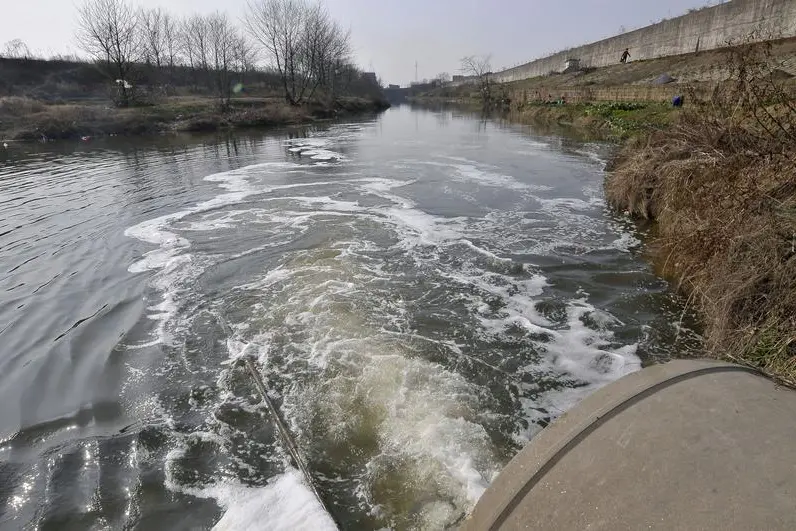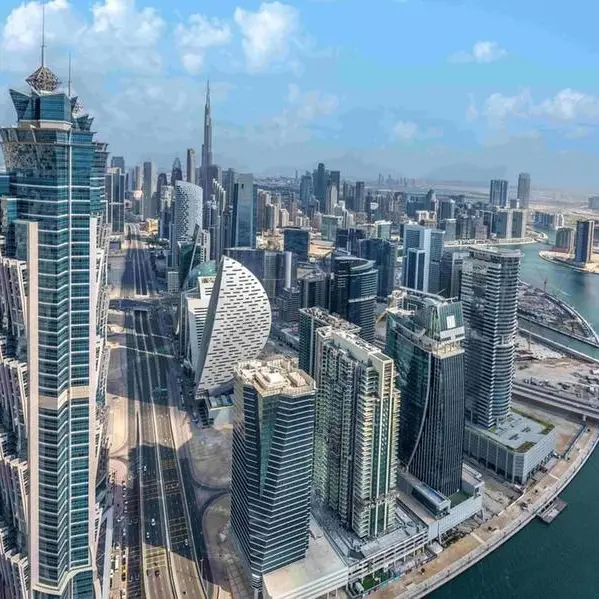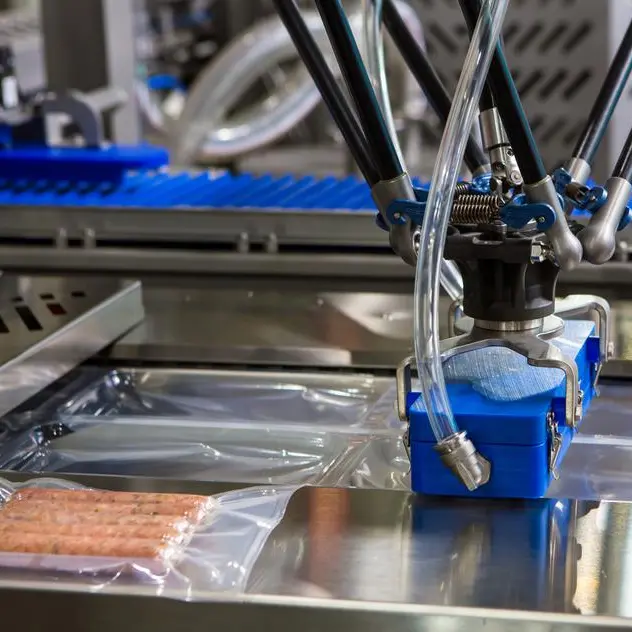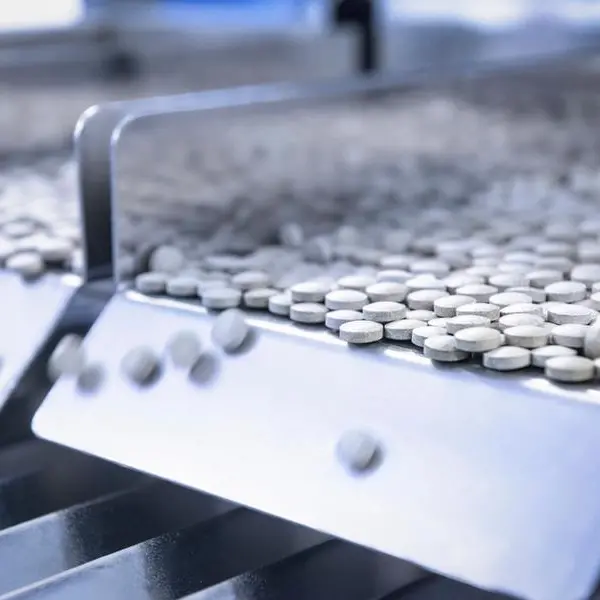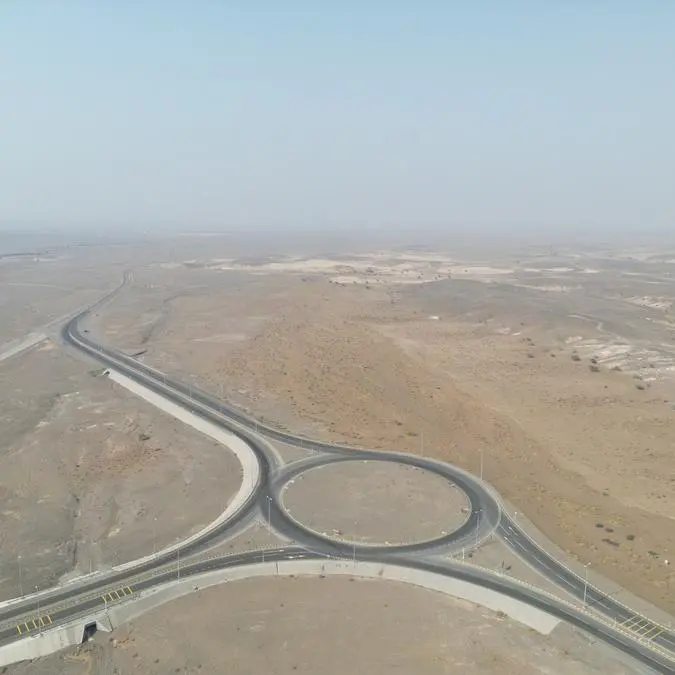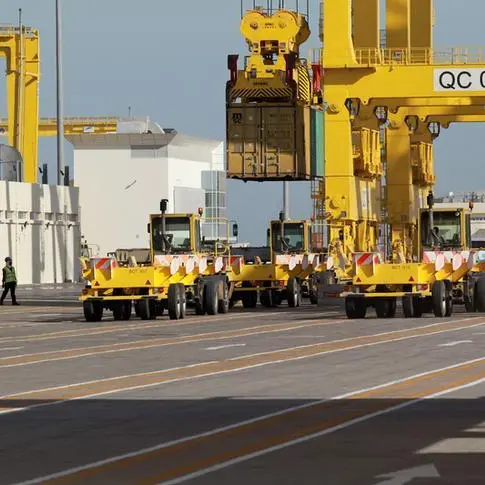PHOTO
Several Egyptian cabinet Ministers met on Wednesday to discuss plans to speed up a mega de-pollution project dubbed ‘Kitchener Drain,’ which aims to clean up massive areas in North Egypt, local newspapers reported on Thursday.
The project aims to raise the efficiency of Egypt’s largest agricultural drain and improve the health of the residents and environmental conditions in the drain catchment area.
The project is being funded by the European Bank for Reconstruction and Development (ERBD) and the European Investment Bank (EIB) with soft-term loans of around $444 million, Addustour and other papers said.
The officials meeting in the New Administrative Capital on Wednesday are grouped in a ministerial committee created in 2020 to oversee the project in the Nile Delta area.
“The Committee discussed the project and decided to work for speeding up execution works,” the report said.
Water Resources Minister Hani Suweilim, a committee member, said his Ministry is stepping up its role in the project, involving the construction of sewage stations and bridges over the canals, as well as the installation of a sophisticated system for monitoring sewage water in the affected area.
He said the Ministry has completed an environmental study for the project and has issued tenders for the construction of two bridges, adding others works like topography surveys and water testing have also been carried out.
International Cooperation Minister Ranya Al-Mashat, who heads the ministerial committee steering the project, said the meeting discussed the need for “stronger coordination” among all parties involved in the ‘Kitchener Drain’ project with the aim of accelerating execution and fully utilise funds extended by donors for the project.
She noted that the “Kitchener Drain” is one of the largest farming and de-pollutant drains in Egypt, stretching nearly 69 km and serving over 11 million people in 182 villages in Lower Egypt in the North.
Local Development Minister Hisham Amina said his Ministry has just completed plans for handling solid waste in sewage canals in three governorates.
He said several tenders related to infrastructure, the construction of waste processing and recycling plants, and transport systems have been issued, with a total value of nearly 979 million euroes ($85 million).
According to an official Egyptian report, the Kitchener Drain is one of the most severely polluted agricultural drains in Egypt causing significant environmental, economic and social harm in the governorates of Kafr El Sheikh, Gharbeya and Dakahleya it passes through before discharging into the Mediterranean Sea.
The EU loan will finance the purchase of equipment for primary waste collection (containers and tractors), rehabilitation and construction of up to 10 transfer stations, rehabilitation and construction of up to six waste treatment facilities, construction of up to five sanitary landfills and the closure and rehabilitation and existing open dumpsites which will be used for the new solid waste management facilities.
Pollution of the Kitchener Drain emanates from three main sources including domestic wastewater poorly treated from numerous villages within the three governorates, uncontrolled municipal solid waste disposed of along the banks and into the drains, industrial wastewater discharge and fertilisers and pesticides discharges from the agricultural drainage system.
(Writing by Nadim Kawach; Additional writing by Eman Hamed; Editing by Anoop Menon)
(anoop.menon@lseg.com)
Subscribe to our Projects' PULSE newsletter that brings you trustworthy news, updates and insights on project activities, developments, and partnerships across sectors in the Middle East and Africa.
